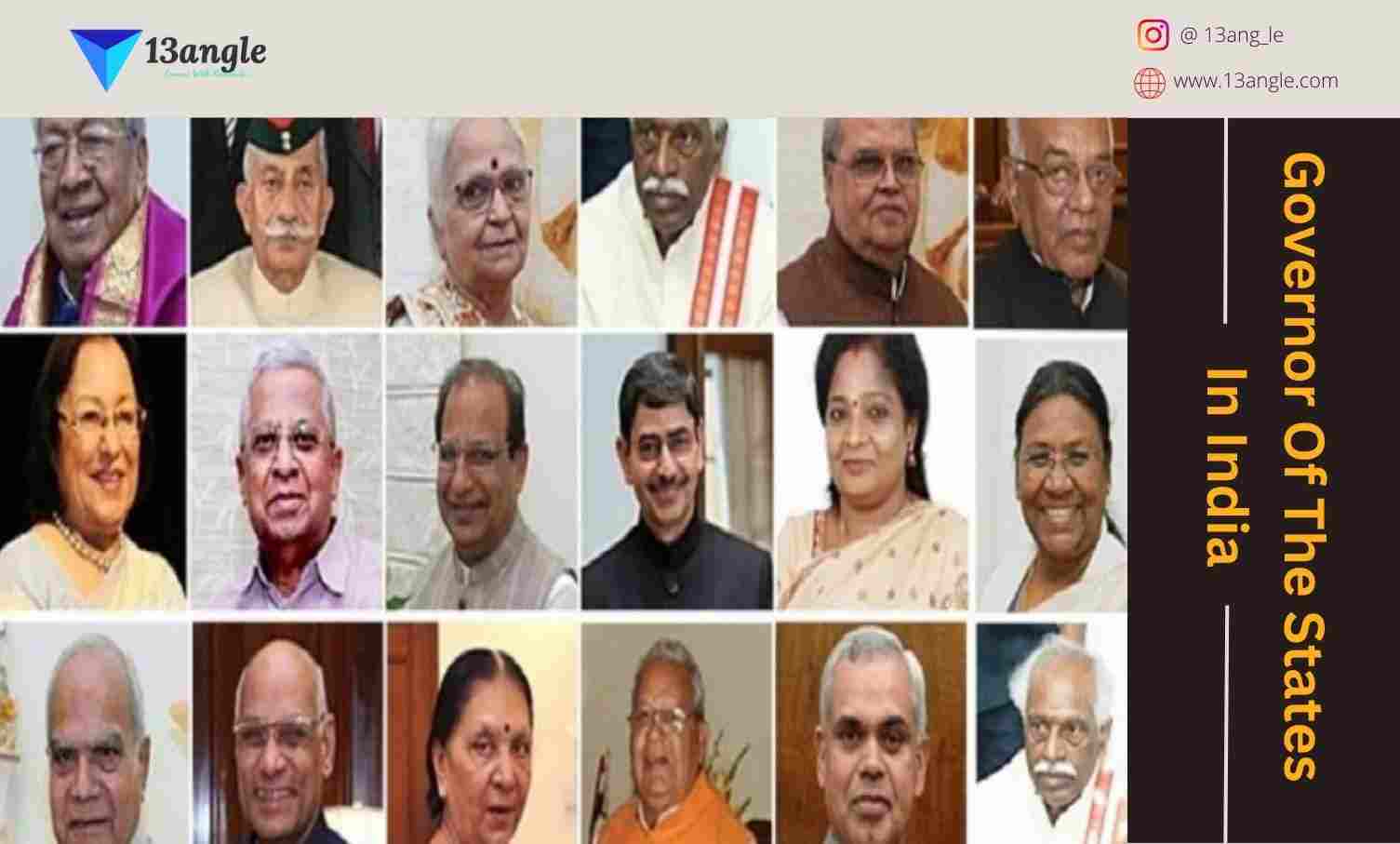The Attorney General of India is the chief legal advisor to the Government of India.
The Attorney General is appointed by the President of India and holds office at the pleasure of the President.
The qualifications for the Attorney General are the same as those for a Supreme Court of India judge.
The Attorney General represents the Government of India in all legal matters and performs such other duties of a legal character as may be referred or assigned to him by the President.
The Attorney General appears on behalf of the Government of India in cases before the Supreme Court of India and other courts in which the Government of India is a party.
The Attorney General also gives advice to the Government of India on legal matters and issues legal opinions on questions referred to him by the President or the Government.
The Attorney General is assisted by a team of Additional Solicitors General and other law officers.
The Attorney General has the right to speak and take part in the proceedings of both Houses of Parliament but does not have the right to vote.
The Attorney General can be removed from office by the President at any time.
The office of the Attorney General is an important constitutional post and plays a crucial role in upholding the rule of law in the country.
Notes On The Attorney General Of India
Shares:
0 Comments





